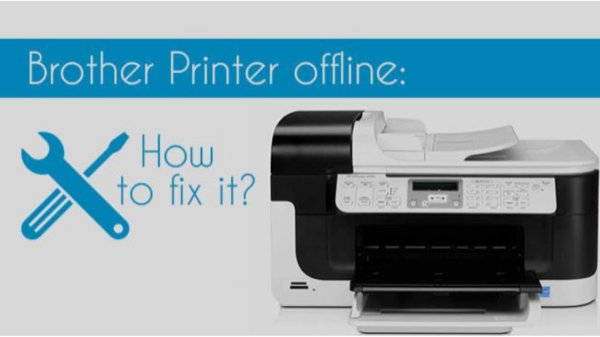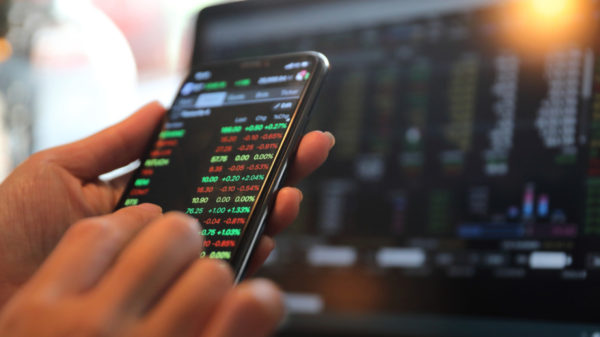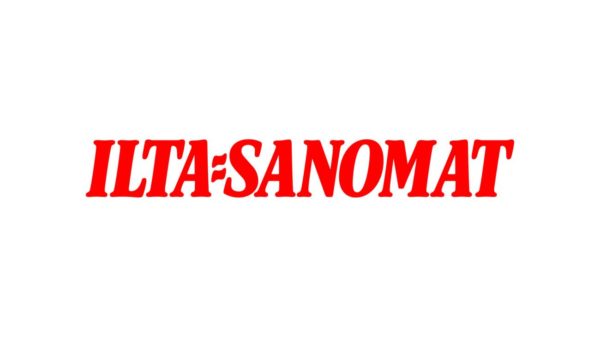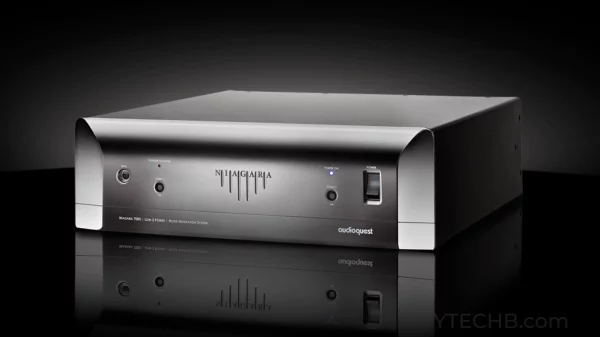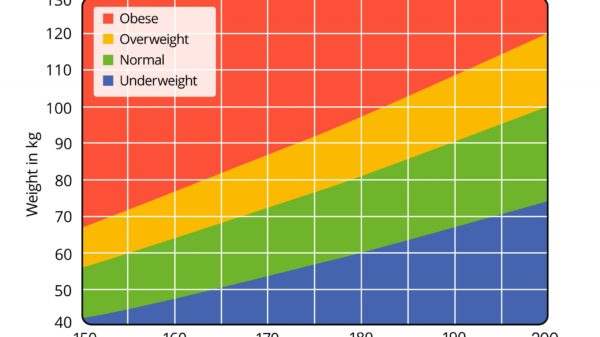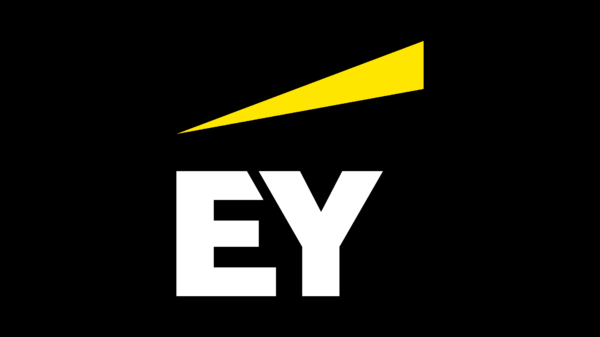An ETF is an “Exchange Traded Fund”, and it is one of the most popular types of investment in the world today. They are traded on a stock exchange, aiming to follow a specific index or benchmark. The most famous example on the market today is an index fund that mimics the movement of the Dow Jones.
An ETF is a mutual fund that you can trade on the market. The difference between an ETF and other mutual funds is that an ETF trades like a common stock on the market, with prices changing throughout the day as investors buy or sell. Because of this, it has less volatility than traditional mutual funds, which only value their shares at the end of each trading day. You can more easily predict what your returns will be (in %) and also how long it will take to see those returns because you know exactly when and for how much you buy and sell
If we use Benjamin Grahams’ simplified approach to investing, we can make easy decisions about our investments based on one of two characteristics:● Is the stock priced at a bargain or a premium?● Does the company have good management?
This approach will reward you in the long run, but it disregards your current emotions and can be very difficult to do. The benefit of trading with ETFs is that they are often based on indices, so there’s no need to worry about whether or not each stock is worth investing in due to their low volatility. Your money will follow an index that already consists of multiple stocks, so there’s no need for you to deep dive into all of this information. Also, suppose you’re interested in investing more in different mutual funds. In that case, you won’t have to pay a commission for buying and selling shares, just the expense ratio that your ETF already includes. Another benefit of using an ETF is that it has a very diversified portfolio, which minimizes risk.
The first benefit of trading with ETFs in Mena is high liquidity. Meaning that many buyers and sellers are on the market looking to take advantage of price changes by buying low and selling high. You can sell at any time as long as someone else is willing to buy from you. In general, this makes buying and selling stocks much faster than other investments such as real estate or private small business enterprises. Investors have less incentive to buy a business in a private sale.
ETFs, in general, have a relatively diversified portfolio of stocks, and they follow an index, so there’s no need for you to do any research on companies. The average ETF might consist of 50 stocks in the same area, and these companies will change over time as the prices fluctuate. If one of the companies has terrible management, then it won’t break into the new groundbecause all of its competitors are also struggling. In that scenario, only a few companies will succeed, and this is where your investment can pay off.
Another benefit of trading with ETFs is transparency when following indices or benchmarks. If an index goes up by 10% today, it should increase by 10% tomorrow. The same is true the day after and the day after until it reaches its peak. As such, traders can easily predict how their investments will do in a year or even a month if they know what index they are tracking and how volatile these fluctuations are.
The second benefit of trading with ETFs is tax efficiency. The primary reason for this is that ETFs are traded frequently, whether that’s due to investors trying to take advantage of price movements or other investors selling their shares when the index falls out of favour. They don’t have to pay capital gains taxes unless you sell them at a profit. On the other hand, mutual funds are not taxed because you bought them in your IRA account, so there’s no need to worry about paying any extra fees while you’re waiting to retire and withdraw all your money out.
Need a forex broker? Try Saxo fx broker UAE.
















